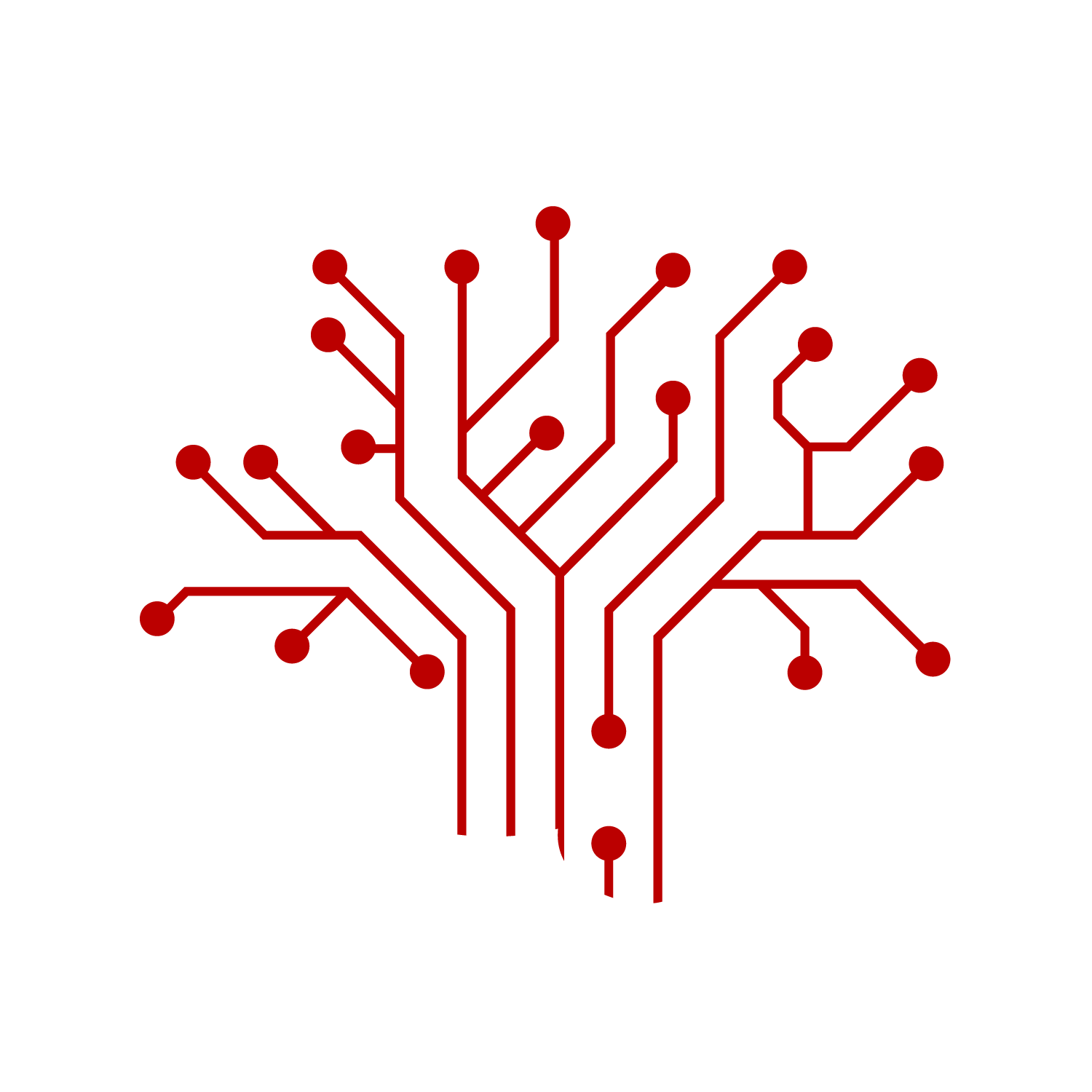Nozari Receives Early Career Award
Nozari Receives Early Career Award
By Stacy Kish
The American Psychological Association (APA) has awarded Nazbanou (Bonnie) Nozari an award for Distinguished Scientific Early Career Contributions to Psychology, in the area of human cognition and learning.
The APA cited Nozari for her “incisive experimental studies of impaired and unimpaired speakers and developing computational models of the production process [to discover] how errors in production are detected and corrected. More generally, her work provides a fresh look at how attention and control modulate language use and demonstrates the applicability of domain general computational principles of cognition to the activities of speaking, writing and typing.”
“Dr. Nozari’s unique interdisciplinary approach to cognition and language production combines neuropsychological testing with cutting-edges cognitive models of language processing,” said Michael Tarr, the Kavčić-Moura Professor of Cognitive and Brain Science and head of the Department of Psychology. “The breadth of her work and her interest in connecting language production to other cognitive mechanisms gives our program and Dietrich College a world-class foundation from which to study human language.”
Nozari, associate professor of psychology in the Dietrich College of Humanities and Social Sciences, has focused her research on how the brain translates abstract thoughts into words and sentences.
“You could think of [human cognition] as having unique procedures in each domain (visual processing, language processing, etc.) or you could think of the brain as having a basic set of super-computations that apply across domains and lead to what looks like efficient specialized cognition,” said Nozari. “The switch from the former to the latter view is similar to exchanging lots of keys for a few master keys. Once you find the right master key, you can open many more doors and come to look at cognitive impairment through a new lens.”
In addition to her research, she educates the next generation of students teaching courses at CMU. She also acts as an associate editor for the Psychonomic Bulletin and Review, and has recently joined the leadership team for Women in Cognitive Science, where she focuses on the problems that women face in have a career in cognitive science, with a special emphasis on the experiences of immigrant women.
“[There are] many people to thank, but all of them have one common feature — they always pushed me to think harder and to do better,” said Nozari. “None of them were people to dish out praise, but the real praise for me was the time they were willing to spend listening to me, dissecting my thoughts and on many occasions disagreeing with me. I can't emphasize how monumental this process has been in my growth as a scientist, and I hope it never stops.”
Nozari earned a medical degree from Tehran University of Medical Sciences and later completed a doctoral degree in cognitive psychology from the University of Illinois, Urbana-Champaign. She completed two postdoctoral fellowships at the University of Pennsylvania and Moss Rehabilitation Research Institute in cognitive neuroscience and neuropsychology, respectively, before accepting a position of assistant professor in the Department of Neurology at Johns Hopkins University with a joint appointment in the Department of Cognitive Science. She joined Carnegie Mellon University in 2019.


